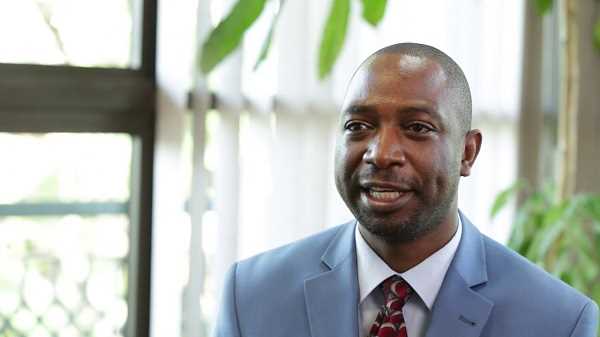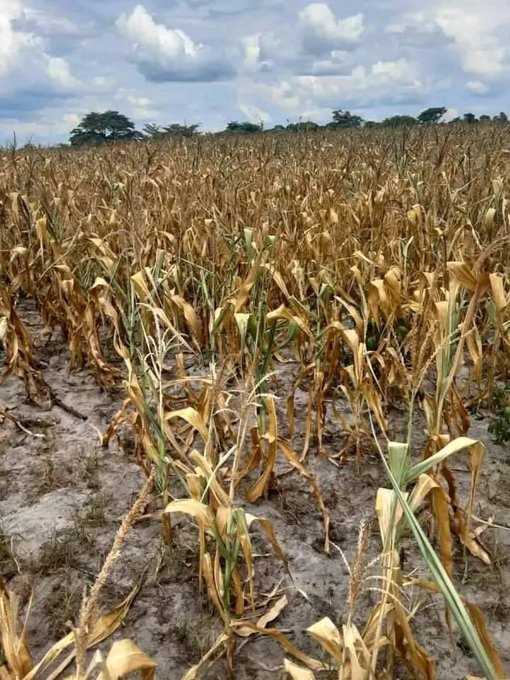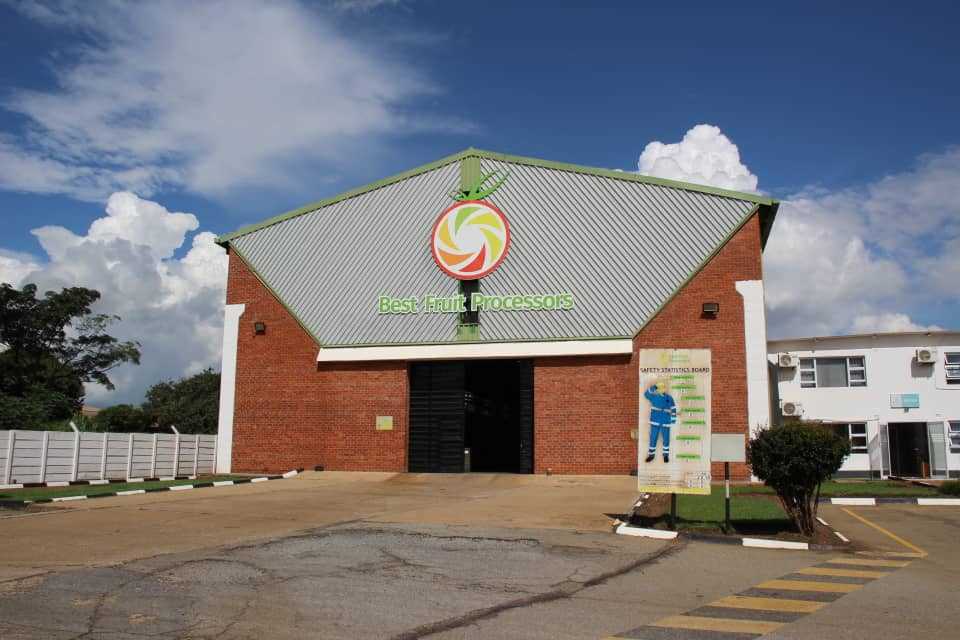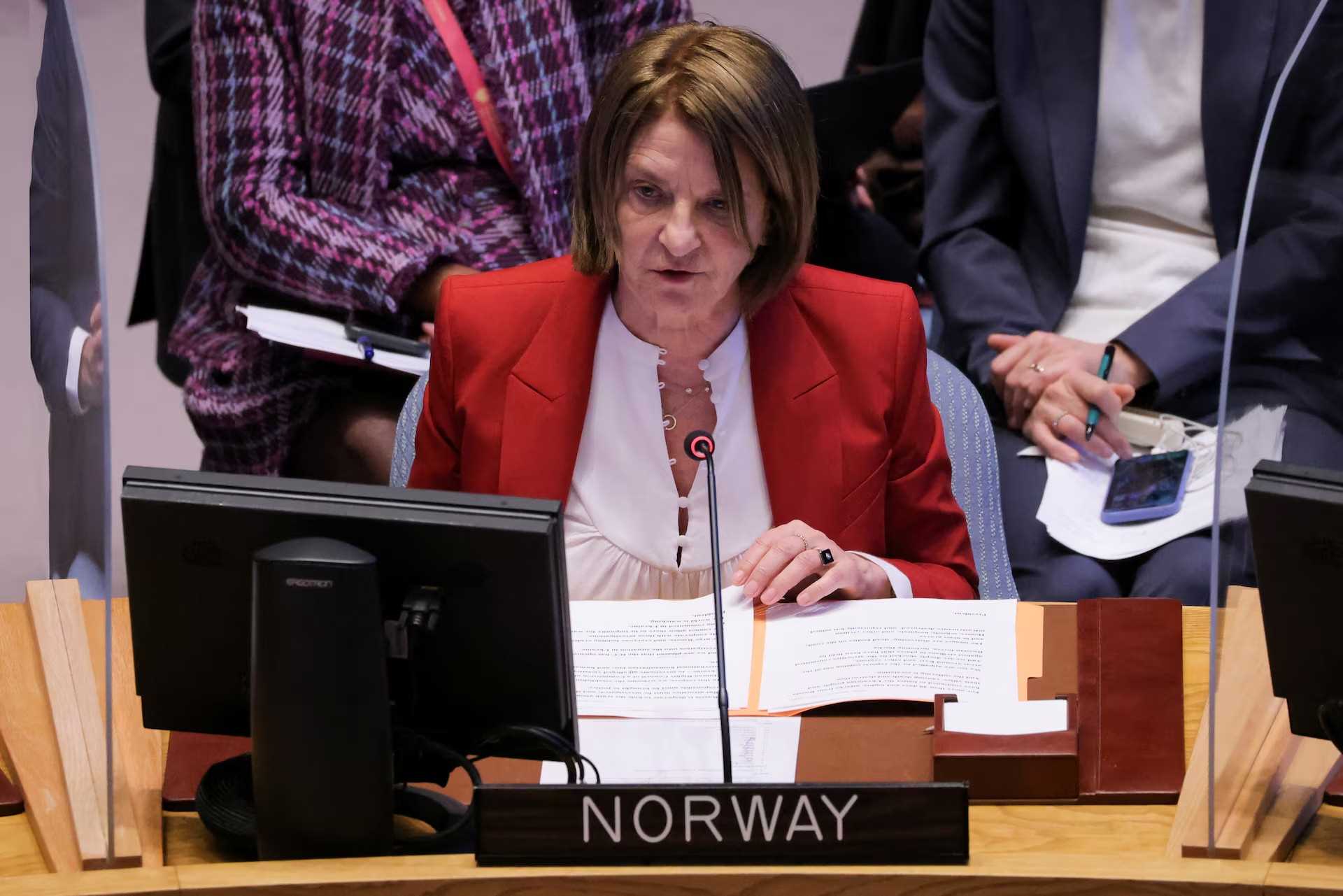
Audrey Galawu
Climate change continues to be one of the greatest challenges facing our planet and humanity today with local communities at the front line of its impacts.
Drought and rising temperatures, excessive precipitation and flooding, loss of agricultural crops and unpredictable weather events are just some of the challenges experienced associated with climate change.
In light of the effects of climate change, the German embassy in Zimbabwe in partnership with CARE Zimbabwe yesterday launched a €6.6 billion project centred on equipping communities with knowledge and skills on how to adapt to climate change for sustainability.
The “Community-Based Adaptation: Scaling up Community Action for Livelihoods and Ecosystems in Southern Africa and Beyond” project will have 18 800 direct beneficiaries and 190 000 will also benefit indirectly.
The project is also being implemented in Zambia and Mozambique with Zimbabwe covering the larger portion of the project.
German Ambassador to Zimbabwe, Udo Volz said the initiative, which was launched in various countries, aims to find solutions to the issue of climate change.
“Climate change is a global issue and as the German government, we are convinced that global issues have to be dealt with globally and incorporation between countries.
Related Stories

“We feel the obligation and responsibility to assist other countries in fighting the effects of climate change.”
CARE Zimbabwe country director, Patrick Sikana said the programme will help local communities find ways to reduce the vulnerability and improve the adaptive capacity of local communities to the adverse impacts of climate change.
“The project we have launched today is focused on climate change adaptation which is going to run for five years focusing on two districts, Bikita and Chiredzi.
The real focus is to help communities in those two districts to adapt to the effects of climate change. So, equipping them with skills to harvest water and use water conservatively, adopt practices in agriculture that will help them cope with the environment.
“Practices around protecting the forest, both timber and non-timber products and building their resilience towards climate change,” he said.
In Mozambique, the programme will benefit 14 900 people directly while 125 500 will also benefit indirectly.
In Zambia, 11 600 people will benefit directly and 55 000 will be indirect beneficiaries.



















Leave Comments